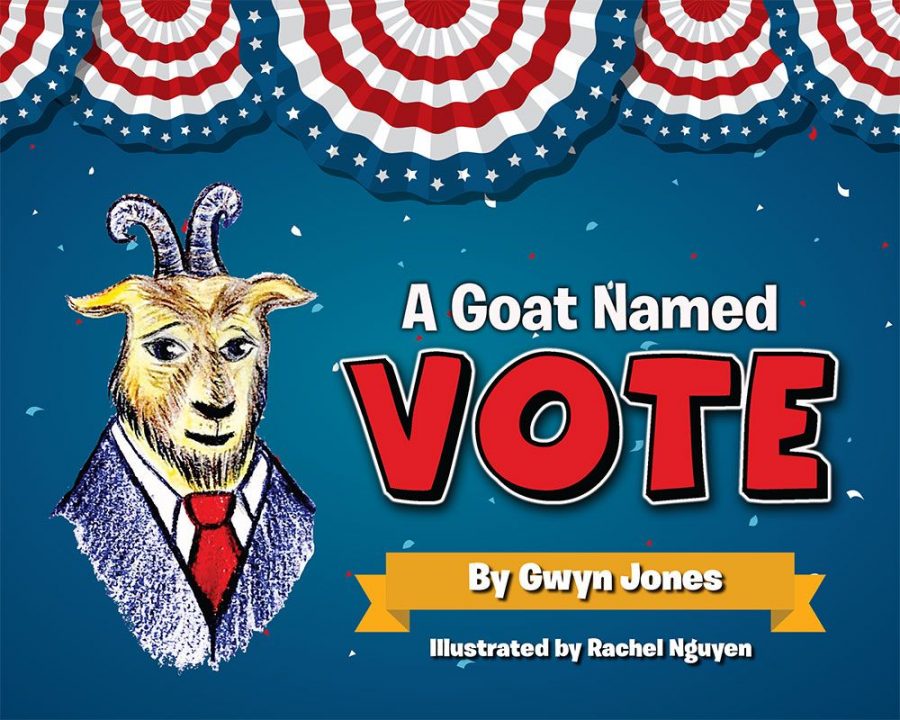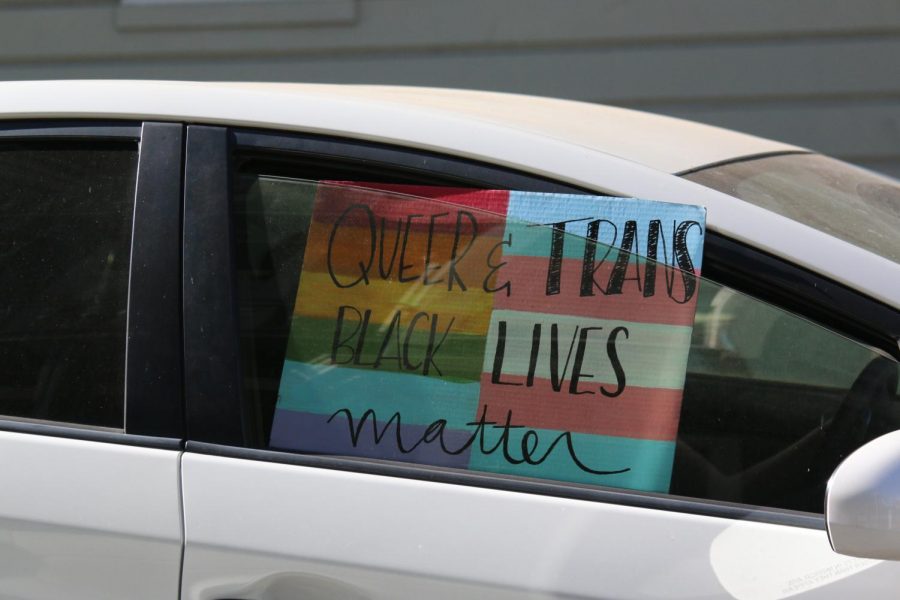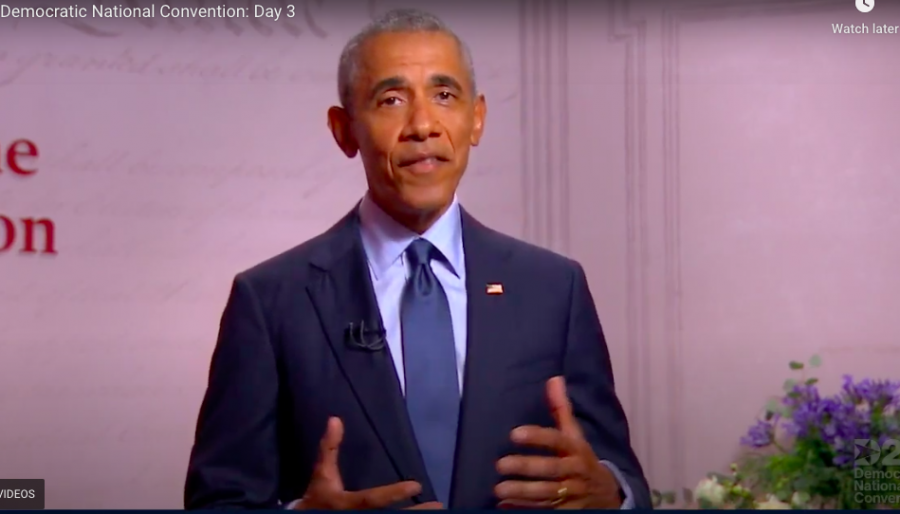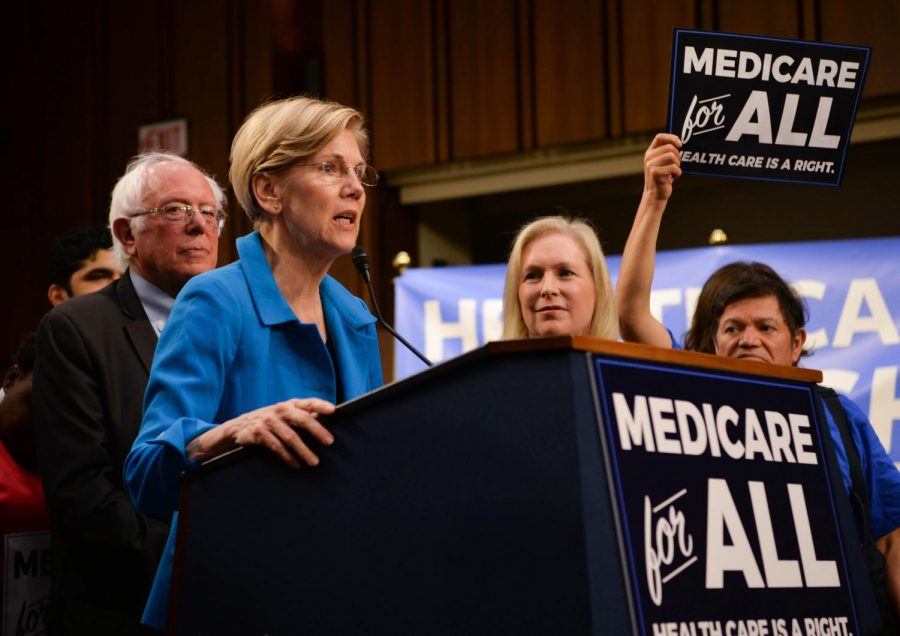 Barack Obama won the presidential election last November due in large part to the support of young people, most of whom took part in the democratic process for the first time.
Barack Obama won the presidential election last November due in large part to the support of young people, most of whom took part in the democratic process for the first time.
We asked for it and we got it. No matter what your individual ballot said, our collective opinion was heard. We felt part of the election process.
A year later, young people again are at a focal point of politics, this time with the debate over health care reform.
The complicated questions surrounding the health care debate are almost reason enough to slink back into apathy.
Am I going to be forced to buy health insurance once I have a real job? How long can I stay on my parents’ plan? If I have to pay to insure myself, how much will it cost? What if my employer doesn’t offer a plan for me? These are a few of the questions on the minds of soon-to-be-graduates.
Whoa. What did we get ourselves into?
The presidential election was, relatively, a cut-and-dry issue. McCain or Obama? It was a choice between two people and two platforms. If you paid attention for more than 30 minutes, you pretty much had your guy.
If the presidential election was our initiation into the daunting political machine, consider health care reform our coming of age.
For the first time in our lives, being involved and aware of the political climate is not a matter of just being interested.
As we get older and closer to entering the real world, it’s vital we know what’s going on around us. Our opinion is being questioned, and we should be able to answer intelligently and reasonably.
It’s easy to resign yourself to sitting back and watching all the politicking unfold from a distance.
The partisan yelling back and forth across the aisle can put young people off from joining the discourse (The only nonsensical screaming I need in my life is Woody Paige). But try and fight that urge. This stuff actually matters. Read. Learn. Inform yourself.
Besides the election last November, the health care reform debate is most likely the first time we’ve been part of the political process. With it comes the chance to make a stand, to shape public policy, to positively affect the lives of Americans.
The implications of what will come out of this debate are far-reaching: trillions of dollars in cost, the health of Americans, the ongoing private vs. public battle.
Young adults ages 19 to 29 represent nearly a third of the uninsured population.
We stand to win or lose the most from this whole reform since we will live with the result for the longest time.
Supporters of health care reform say we’ll be the biggest beneficiaries of a revamped program.
Opponents say we’ll foot a disproportionately large portion of the bill, basically subsidizing older people’s coverage while we stay relatively healthy.
Since it’s our first time in the political ring, we’re more likely to act on exactly how we feel. We haven’t had to deal with the current system, so we’re not afraid to change it. Our parents have lived — and some have gotten comfortable — with the current, flawed system. We’re not reluctant about changing the status quo as we see fit.
It’s not a stretch to say we have the most to gain or lose from this debate. We can’t afford — financially or otherwise — to stay silent.





